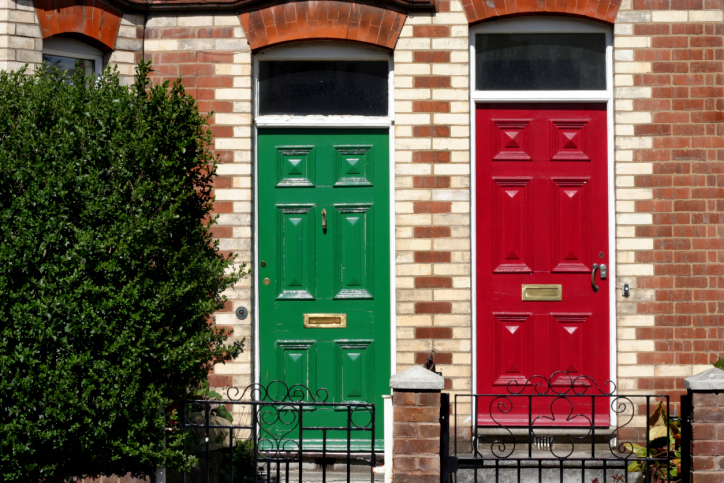Demand for prime London properties remains high and continues to outstrip supply, according to the London Prime Residential Sales Report for Spring 2015 by estate agency Chestertons. The report indicates that despite the uncertainty posed by the General Election, the demand for new homes remained robust in the first quarter of this year, and continued to […]
Demand for prime London properties remains high and continues to outstrip supply, according to the London Prime Residential Sales Report for Spring 2015 by estate agency Chestertons.
 The report indicates that despite the uncertainty posed by the General Election, the demand for new homes remained robust in the first quarter of this year, and continued to outstrip modestly improved supply. Demand for new-build homes from overseas also remained high.
The report indicates that despite the uncertainty posed by the General Election, the demand for new homes remained robust in the first quarter of this year, and continued to outstrip modestly improved supply. Demand for new-build homes from overseas also remained high.
Prime central areas re-sales experienced a marginal return to capital value growth of up to 0.7 per cent for the first time since the first quarter of 2014, though the North and East, led by Canary Wharf, saw above-average value growth in the first three months, of 1.4 per cent.
Nick Barnes, Chestertons’ head of research, commented:
“We experienced a fairly subdued six months in the run-up towards the election, with fears of a Mansion Tax, which could have wiped up to a quarter of a million pounds off the value of properties in the £2 million-plus bracket had it been introduced, clearly having an impact on buyers in prime London markets.
“Furthermore investors, institutions and landlords were in many cases reviewing their holdings in the event of major changes to taxation and lettings regulation being brought in by a Labour-led administration. The Conservatives’ slim majority has calmed such fears and enquiries have been strong since the morning of 8 May – at Chestertons enquiries have been up by more than 15% on the pre-election period. But there are still challenges that need addressing if the upturn in confidence is to be sustained.
“The first major challenge is to revitalise supply of good quality homes of all shapes and sizes into both the sales and lettings markets. Politicians at the national and local level must now step up to deliver more land for development, while finding new ways to incentivise house builders and easing the planning regulatory burden to get more homes into the system.
“The raft of policies aimed at getting more people on to the housing ladder that the Tories pledged in their manifesto also have a key part to play, especially as anticipated tightening of mortgage lending criteria may actually make home ownership less accessible for many. Any future rises in the base rate of interest will of course also have a significant impact, while the expiry of the mortgage guarantee portion of the Help to Buy scheme in early 2017 could also have a detrimental effect. Still more needs to be done to incentivise builders and developers. It will be interesting to see what the Chancellor George Osborne announces in his 8 July Budget to address these supply-side issues.”
Robert Bartlett, group CEO of Chestertons, said:
“While it’s a relief new wealth taxes and some of the more hands-on policies aimed at reforming the rental market are off the table, the problem remains of how we boost housing supply significantly and for the long term. Only if by safeguarding the supply of new homes can we ensure Londoners are able to invest in their futures by buying their own home.”














